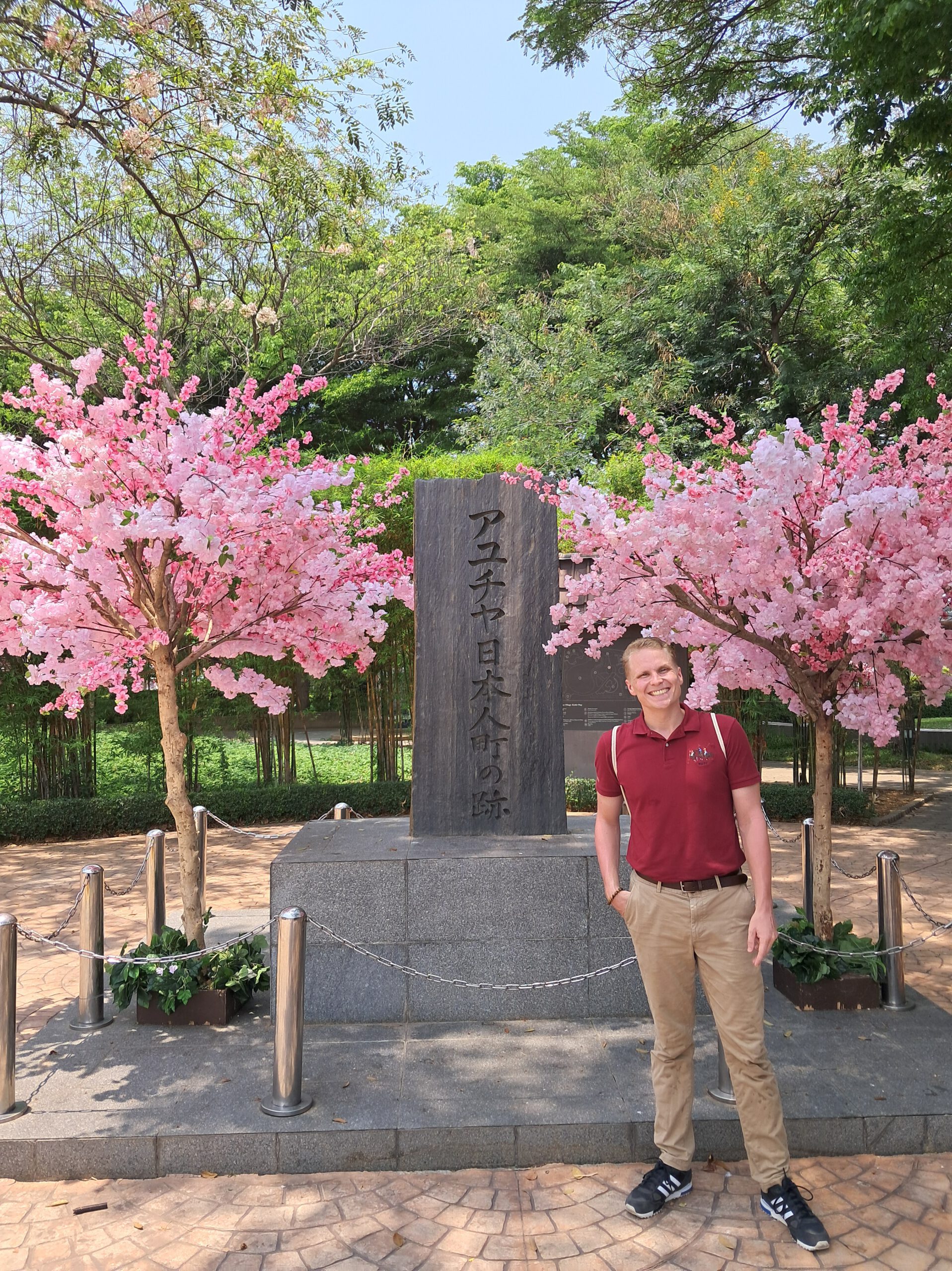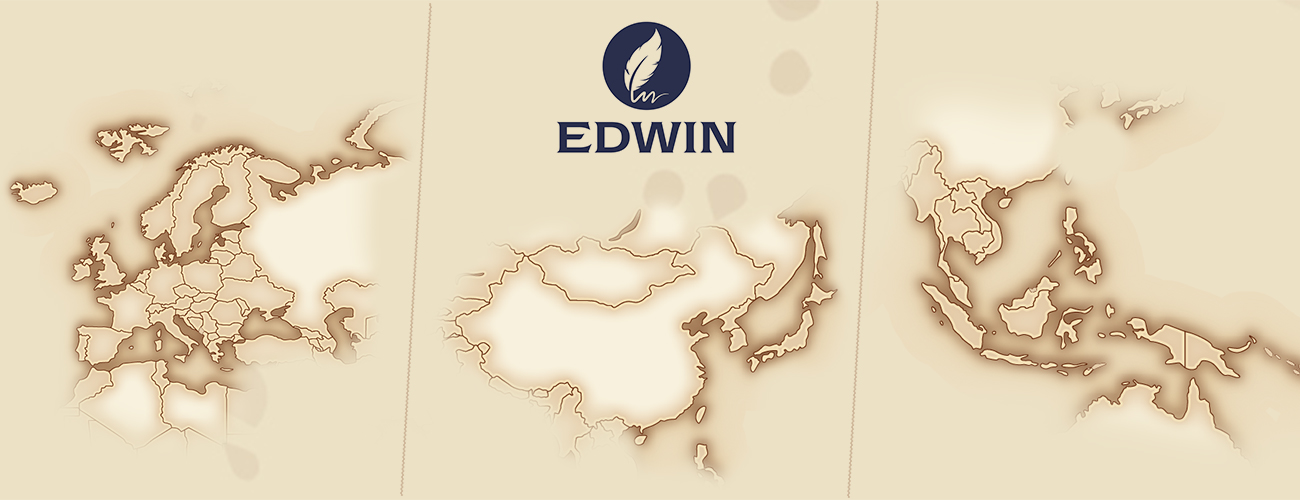‘History doesn’t repeat itself, but it often rhymes.’
Mark Twain (1835-1910)
‘ 色不異空。空不異色。色即是空,空即是色。’
‘Form does not differ from emptiness. Emptiness does not differ from form. Form is emptiness, emptiness is form’.
Unknown author, 般若波羅蜜多心經 (The Heart Sutra), 661 CE
My research philosophy is based on the idea of (inter)subjectivity, the notion of agency, and entangled history. Following the idea of Nicholas Thomas (Entangled Objects, 1991: 4), where he argues that ‘objects are not what they made to be but what they have become,’ these ideas can be extended towards people, where knowledge of ourselves and others is culturally dependent and in constant need of recontextualization. With the ideas set forward by R.G. Collingwood (The Idea of History, 1946), Thomas Kuhn (The Structure of Scientific Revolutions, 1962), and with the notion of refracted modernity (Kikuchi, Refracted Modernity, 2007), research has proven how historiographical and public discourses have objectified ourselves and others, denying our agency and humanity today and historically, leading to some of the largest issues in contemporary and past times; in here lies a paradox that history struggles with, as these discourses are the product of combined agency.
Therefore, my research focuses on centering stories that attack this objectification of humans and this paradox. In my publication ‘The Broken Coloniser’ (co-written with Rachel Harrison (2023), Indonesia and the Malay World 51 (151), 364-381), for example, I argue that the case of Nyckle Haisma (1907-1943) shows how the hegemony of colonialism also disrupted the connection between the colonizer and his homeland, and that provincial and rural perspectives outside of political power centers should be incorporated to gain a more complicated and fuller understanding of the colonial experience.
In my work on the representation of colonial discourses, I analyzed how the Tokyo National Museum (TNM/東博) and National Ethnographic Museum in Osaka (Minpaku/民博) continue to grapple with the historical and colonial legacies in the way they represent the Ainu and Koreans (see Pietersma (2023), Museums & Society 21 (3), 22-35, for an analysis on the Ainu; a paper analyzing the case of Korea is currently under peer-review). The development of this discourse is constituted very differently in both museums, where the case of the Ainu shows that emphasizing the notion of agency in museums can aid to do more justice to the fractured, contested, and complex history and identity of Ainu members and communities.

Current research projects that I am working on test these ideas further. An example is the different entanglements that two similar Ganesha statues from the Candi Singasari in Java received; where one that ended in Leiden became entangled with the Dutch colonialist framework and justification of rule by it being representative of an imagined pre-Islamic Javanese cultural entity, its counterpart that was moved to Bangkok in 1897 became entangled with the Siamese king Chulalongkorn (1853-1910), the creation of a religious identity within the country, and which is changing today (this research is presented at the International Convention of Asia Scholars 13, held in Surabaya between July 28 and August 1, 2024).
These ideas are further developed in my Ph.D. in History at the University of Wisconsin-Madison under the supervision of Prof. Louise Young, from September 2024 onwards, where I specialize on Japanese migrants in Southeast Asia since 1854 and their impact on the imagination of Southeast Asia in Japan (Nanyō/南洋). Here, in particular, I aim to develop historical tools to reassess and reframe our current understandings of migrants by centering historical agency, tackle Eurocentrism within East- and South East Asian history, and to show the discrepancies and holes within our understandings of humans caused by hegemonic frameworks of ‘nation’ and ‘modernity.’
If you are interested in my research, please do not hesitate to get in touch with me!

